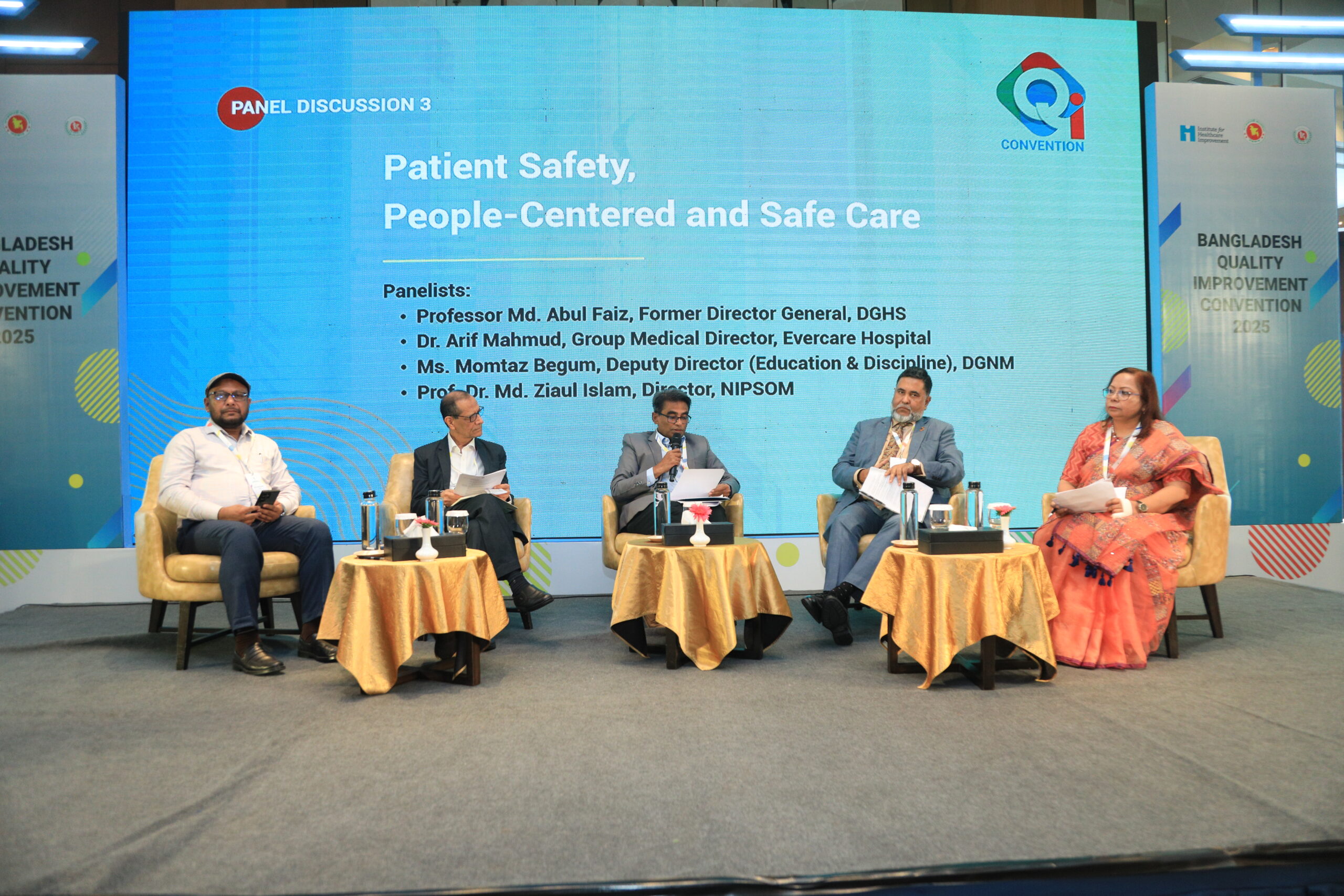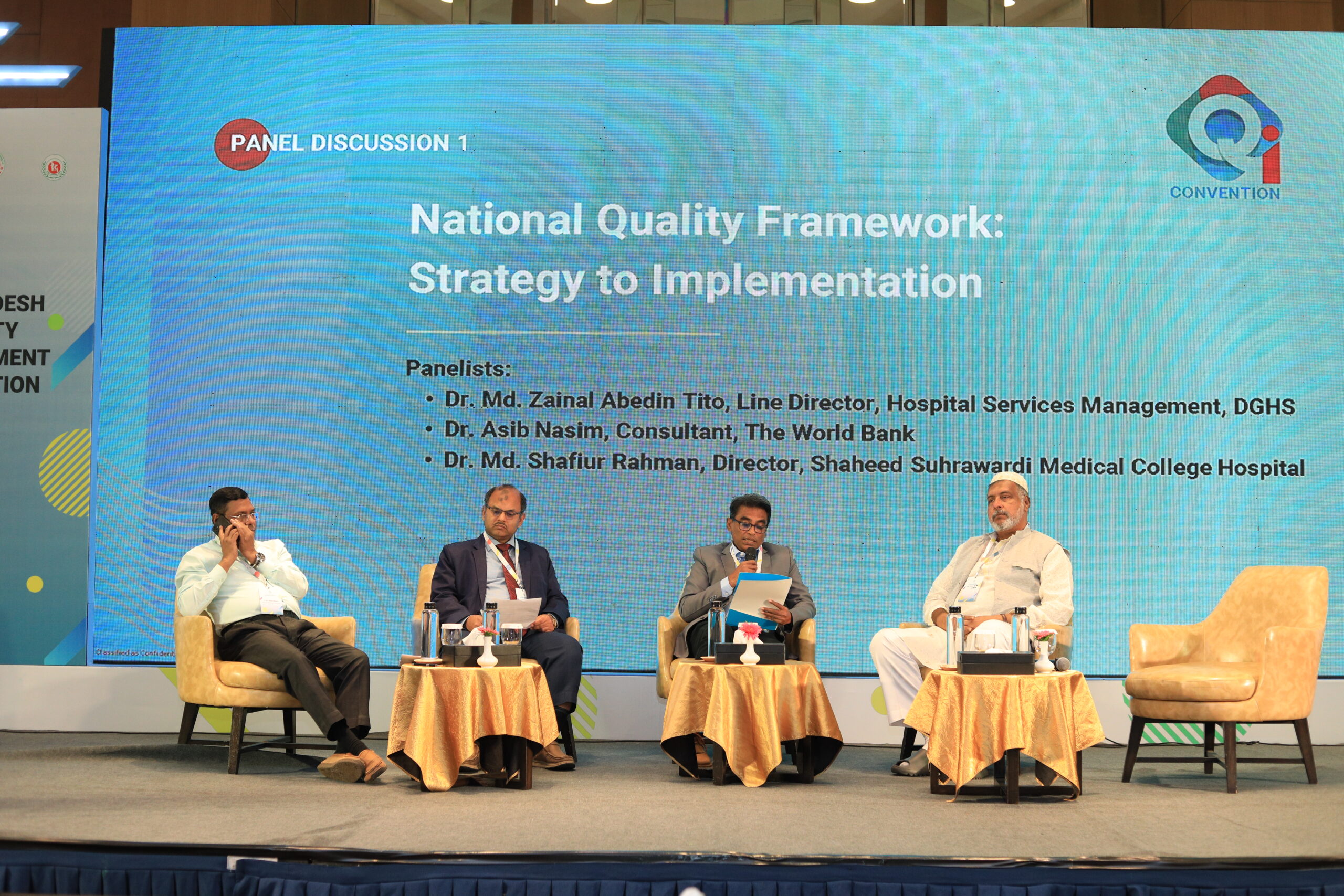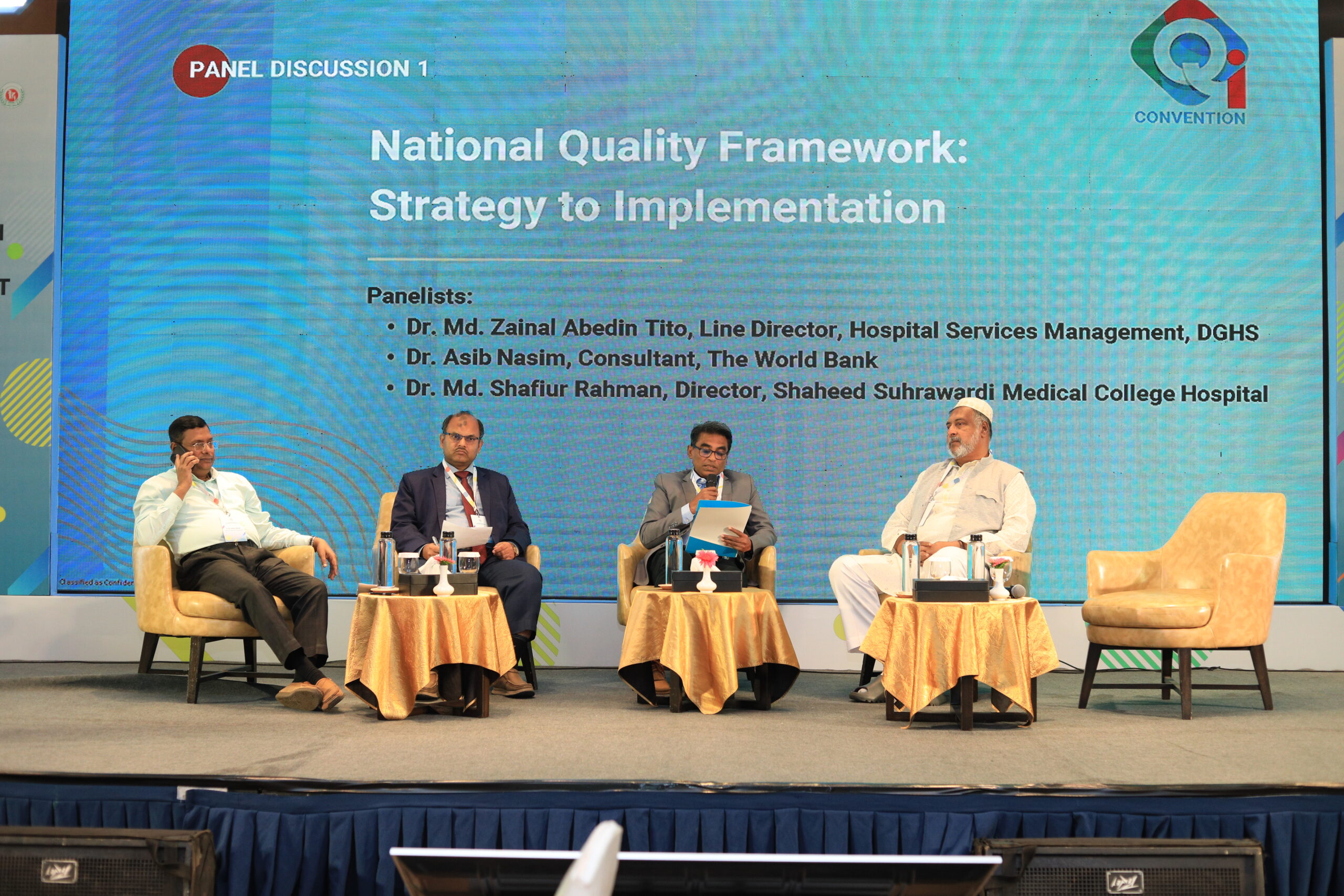Transforming Healthcare Together
Elevating the Standards of Quality Care



Revolutionizing Your Health Experience
Quality Care from Compassionate Professionals

Your Journey to Quality Care Starts Here
Tailored Support for Healthcare Providers


Message
About Us
Quality care is of paramount importance in the context of Universal Health Coverage (UHC). UHC aims to ensure that all individuals and communities receive the health services they need without suffering financial hardship. The pursuit of UHC goes beyond mere access to healthcare; it emphasizes the provision of quality care. Here are several reasons highlighting the importance of quality care for the achievement of Universal Health Coverage
Personalized Medicine: Enhancing Quality of Care through Tailored Treatment Approaches
Introduction
The advent of personalized medicine represents a paradigm shift in healthcare, wherein treatment strategies are customized based on an individual’s unique genetic makeup, lifestyle, and environmental factors. This concept note explores the integration of personalized medicine into healthcare systems with a primary focus on improving the quality of care provided to patients.
Definition of Personalized Medicine:
Personalized medicine involves the tailoring of medical treatment to the individual characteristics of each patient. This includes understanding genetic, genomic, and other molecular information to make informed decisions about prevention, diagnosis, and treatment.
Objectives
To elucidate the role of personalized medicine in optimizing treatment outcomes.
To analyze the impact of personalized medicine on the overall quality of healthcare delivery.
To explore the challenges and opportunities associated with the integration of personalized medicine into routine clinical practice.
Precision Diagnosis:
Early detection of diseases through genetic markers and molecular profiling.
Improved accuracy in diagnosing conditions, leading to more targeted interventions.
Tailored Treatment Plans:
Customized therapeutic approaches based on an individual's genetic predispositions.
Minimization of adverse effects by avoiding treatments unlikely to be effective.
Patient-Centered Care:
Informed decision-making and active participation of patients in their treatment plans.
Enhanced doctor-patient communication and shared decision-making processes.
Prevention and Predictive Medicine:
Identification of individuals at high risk for certain diseases.
Implementation of preventive measures and lifestyle modifications based on individual risk profiles.
Genomic Sequencing:
Next-generation sequencing technologies enabling comprehensive genomic analysis.
Integration of genomic data into electronic health records for seamless accessibility.
Biomarker Discovery:
Identification of novel biomarkers for disease prediction, prognosis, and treatment response.
Development of cost-effective and efficient diagnostic tests.
Artificial Intelligence and Machine Learning:
Analyzing vast datasets for pattern recognition and treatment predictions.
Enhancing diagnostic accuracy and individualizing treatment recommendations.
Ethical Concerns:
Privacy and security issues associated with genetic data.
Ensuring equitable access to personalized medicine technologies.
Regulatory Framework:
Developing and implementing regulatory standards for personalized medicine.
Navigating legal and ethical considerations in the context of individualized treatments.
Cost and Affordability:
Addressing the economic implications of personalized medicine.
Ensuring accessibility to cutting-edge treatments for diverse socioeconomic groups.
Conclusion
Personalized medicine holds immense potential to revolutionize healthcare by elevating the quality of care provided to individuals. Through precise diagnostics, tailored treatment plans, and patient-centric approaches, personalized medicine not only improves outcomes but also contributes to a more sustainable and efficient healthcare system. The integration of these innovations into routine clinical practice requires a concerted effort from healthcare professionals, policymakers, and the scientific community to address challenges and ensure equitable access to the benefits of personalized medicine.
What’s new at QCC
Gallery













